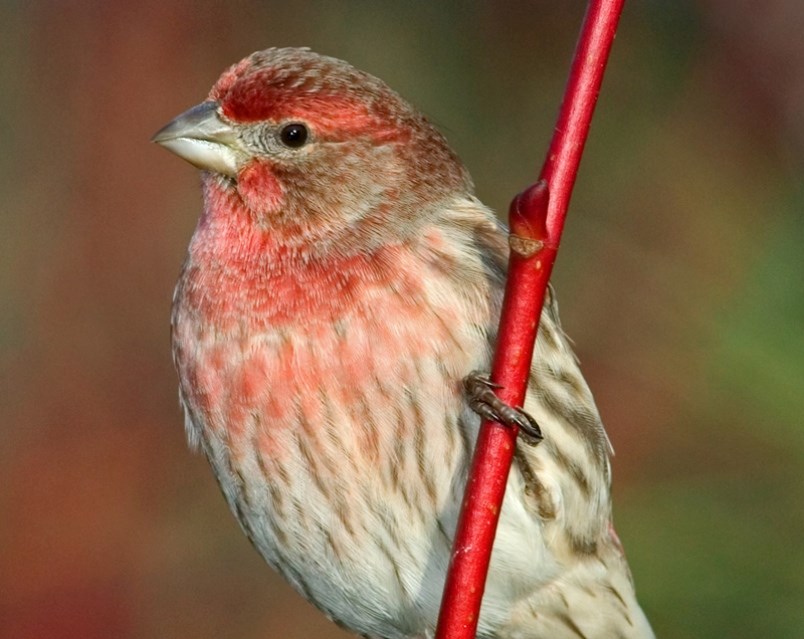When a sexual health educator says to a group of young elementary school-aged kids, “The penis goes into the vagina for the sperm to be delivered to the ovum,” the kids view it as interesting scientific information.
Kids are curious about their bodies. They want to know how things work. This is a great time to talk to them about sex because they are simply learning more about how their bodies work.
It is likely some kids will make it clear they are never going to do such a gross thing. And they are immediately reassured that they never have to.
When my kids were little we had some good child-friendly books about sex that were sitting on the coffee table. My nine-year-old daughter told me that her friends were excited and curious but needed to hide away to look at the books. When they asked my daughter about when she learned about sex, she thought about it and said that she had no idea. She always knew.
Whether we like it or not, we are giving our kids messages about their bodies, particularly their genitals. Our non-verbal reactions when we change diapers or help our children on the toilet or in the bath give them more information than we know.
When we name our kids’ body parts in a matter-of-fact way we help them to see all parts of their bodies as clean and healthy.
When we are teaching our toddler to say nose, elbow and leg, we should also teach them vagina, penis, vulva.
It is a myth that kids do not need to know about their sexuality. It does not remove their innocence, it simply gives them interesting (to them) information about how their bodies work. For them it’s no different from how our elbows bend or how we breathe. It’s science.
Understanding basic sexuality and knowing the correct terms for their body parts also gives them protection. Sexual predators look for kids who are vulnerable and can’t explain what happened to them. Kids who have the information will be able to talk about it to the adults in their lives. In a medical setting these kids can also tell a medical practitioner if a part of their genitals hurts.
If you want your child to understand her body you need to talk to her. You can also read to her. One terrific book is Boys, Girls & Body Science by Meg Hickling.
She also has a book titled The New Speaking of Sex for adults. I strongly recommend both of them. This a good book to help remind (or teach) you about sexuality, about body parts and about typical kids’ questions. You will then be prepared to talk to the kids and read the children’s book.
As your kids get older, another concern is the internet. Make sure computers or tablets are in well-travelled areas of the house. They may come across unsavoury images or issues. Be open to talk to them and don’t get angry at your child. Learn how to block sites that you want your kids to avoid.
When you are travelling and staying in hotels with movie channels either have the desk block the channels or learn how to do it yourself.
You will also want to talk to your kids about the stories they are seeing in the news about sexual harassment. Help them to learn that they don’t need to tolerate any conversation or comment that makes them feel uncomfortable. And make sure they understand that work opportunities or advancement or being friends with someone should never, ever be dependent on sexual activity.
You can help your child be comfortable with his sexuality, be open with you when he has questions, and prepare him for being a sexually mature adult by being there for him with conversation, answers, and information as he grows and develops.
Kathy Lynn is a professional speaker and author of Vive la Différence, Who’s In Charge Anyway? and But Nobody Told Me I’d Ever Have to Leave Home. If you want to read more, sign up for her informational newsletter at parentingtoday.ca.



